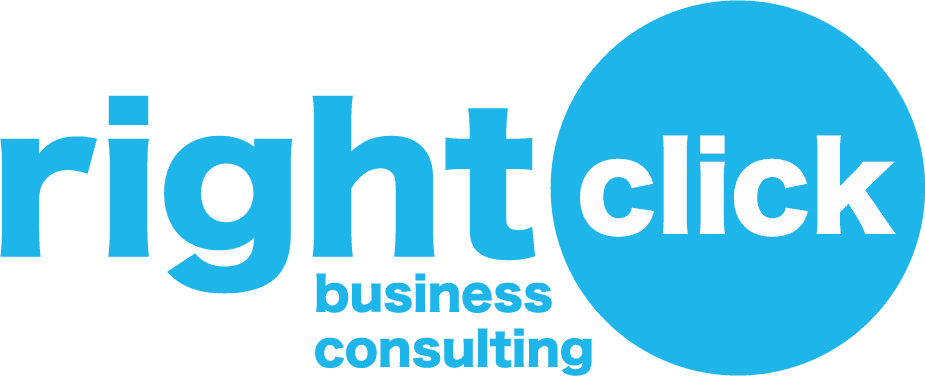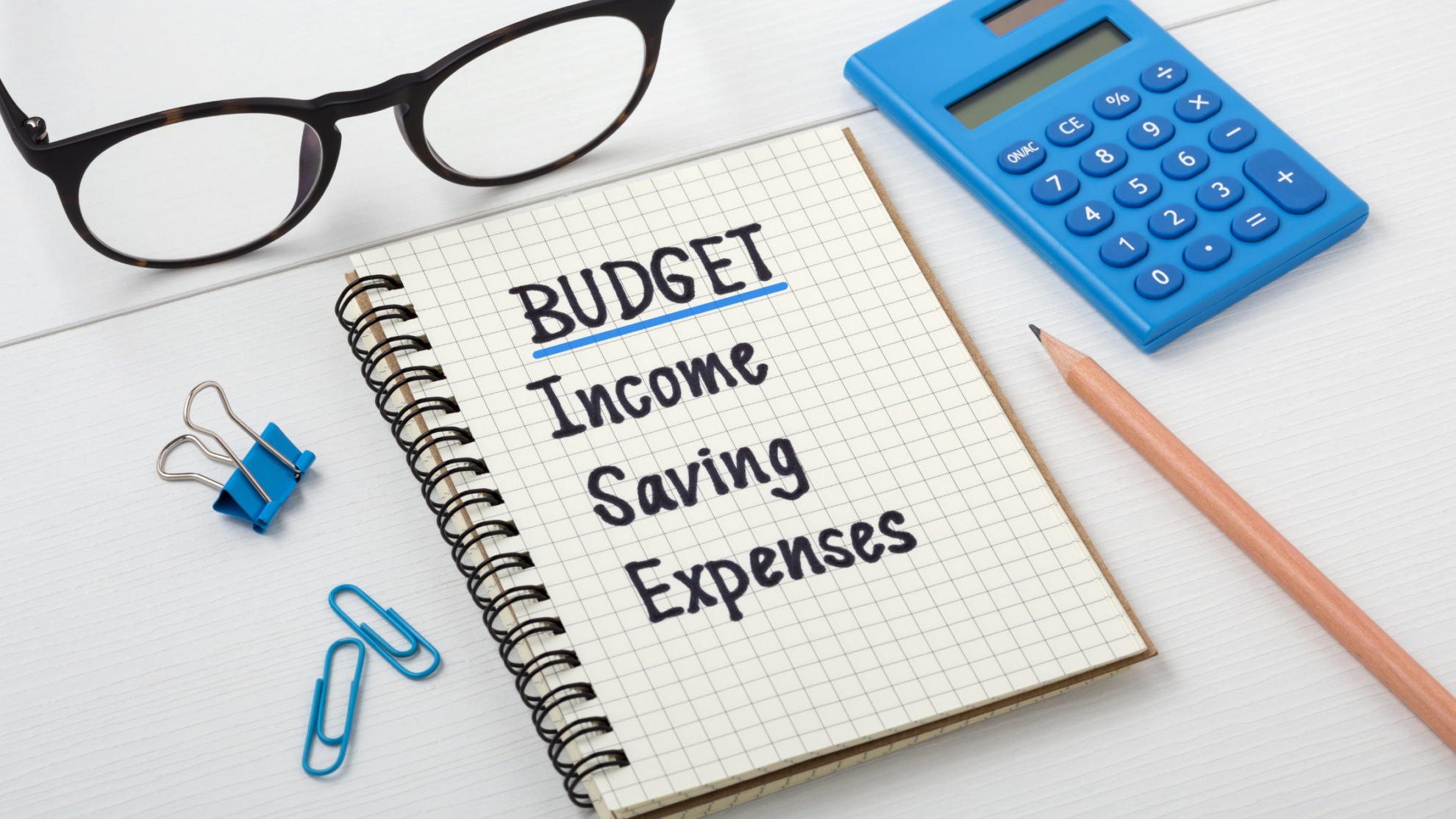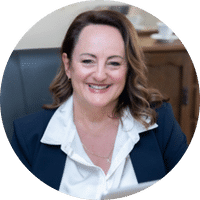
Nobody likes to hear the work “Budget”! It can have connotations of hard work and a significant amount of time needed to crunch the numbers. For many, their experience has been to shove the final document in the top drawer and never look at it again until the following year!
I’ve always been great at budgeting in business. Even though business revenue can often be intermittent and at times an unknown, it is still a task I take very seriously. I know I can always meet my financial obligations to staff, suppliers and very importantly, the ATO.
Personal budgeting took a bit of a back seat much of the time in my previous business as there was 2 of us in the business and I worked a full time job. BUT all of a sudden, 8 years ago, I found myself in a situation where I needed to know exactly where my money was going! I found myself a single mother of 2 teenage boys with no financial support.
Having the skills to know how to budget ensured I had the tools I needed to be confident I could pay the rent and put food on the table every week. There’s nothing like having your back against the wall to ensure your ducks are in a row!
So why do so few people put time aside to plan what happens with their money? It’s a fear – mostly of the unknown, I believe. We’re not necessarily taught how to budget when we hit the wonderful world of adulthood! We might have sat in an Economics class at school if we were that way inclined but for most, it’s a very foreign world and often incredibly intimidating for many.
Of course, it’s a much easier planning process when you’re employed and you know exactly what your salary is each week/month. But why don’t more people do it? Mostly because they don’t know how, and it seems such a daunting task to even start the process. There’s a very good reason why the credit card debit in Australia was over $17billion as of August 2022!

So where to start? Grab a pen and paper. If you’re employed, write down the total weekly/monthly income of the breadwinners in the house. Next, write down your fixed costs (that’s whether you’re employed or in business). Fixed costs are regular payments you make such as mortgage/rent, school fees, power/gas, rego and license of motor vehicles, monthly credit card payments, payments to loans. You get the picture.
If you’re self-employed, the fixed costs are easier to put together as you can run a report from your accounting software. Income is not so straight forward but knowing your fixed costs gives you an idea of when and where you need to get that revenue in!
I cannot explain how empowering it is to be in control of your finances! It removes the fear and uncertainty which can be experienced when there isn’t a budget in place! With an insight into when the expenses are due for payment, it gives you peace of mind knowing you’ve got it all under control. Even when money is a bit tight, when you know exactly what’s coming in and going out which makes it so much easier to plan ahead.
Budget is NOT a dirty word used by your accountant (we really should eliminate it from the dictionary!) It’s money planning which will give back complete control of your finances. I truly wish I could bottle the feeling of empowerment that provides and give everyone the opportunity to experience that feeling for themselves.
Supporting you in your business success
Karen Whitely
Educating & empowering small business for long term profitability
61 482 080 430


